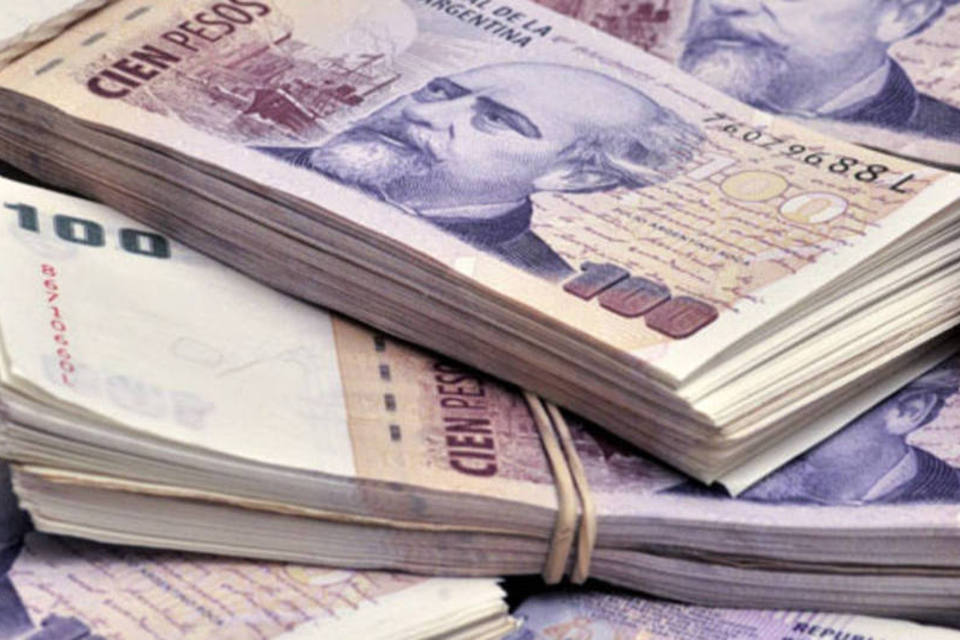The alerts are sounding in the Government for a new stage in the fall in the demand for money. All the country’s monetary aggregates are contracting in relation to nominal production, and despite the moderation of the money supply, prices continue to rise with a floor of 6% per month.
The failure of the Massa plan and the lack of credibility resulted in a new shock about the vocation of people to hoard pesos in any of its forms, either for purely transactional use or for deposit in instruments of the financial system. Instead, people are increasingly betting on reliable assets like the dollar to hedge against inflation.
The demand for pesos measured by the monetary base decreased from 7.3% of GDP in March of this year to 5.74% at the end of September, as confirmed by the Central Bank.

Likewise, the demand measured by the M2 aggregate (which includes term deposits and other accounts) collapsed from 15.3% of GDP to 13.2% between March and September.
The monetary base only registered a growth of 34.6% during the last 12 months and the currency for transactions did so by 45%, at the same time that retail prices grew 88% and wholesale prices exceeded 80%.
The fact that inflation rises above the money supply indicates that Argentines increasingly want to keep fewer pesos.
High-frequency indicators suggest that the demand for pesos continued to fall up to the present, and this week it accelerated its decline. The informal dollar climbed to parity of $306, while the financial dollar Cash with Settlement (CCL) reached $324 on Wednesday.
The higher demand for dollars is nothing more than the counterpart of the lower demand for pesos.
For the Government, the shock on the demand for pesos constitutes a terrible sign that threatens to spiral the level of inflation, and completely leave the already very unreliable inflation target for 2023 out of the question.
The Secretary for Economic Programming, Gabriel Rubinstein, admitted that the fall in the demand for money generates a direct inflationary effect and is similar to that of an increase in the fiscal deficit financed with issuance. Even limiting the monetary issue, if the demand for pesos decreases, inflation will continue to rise without pause.
“We are experiencing a drop in the demand for money. In macro terms, this is equivalent to increasing the deficit”, explained the Secretary.
Even so, Rubinstein ruled out greater exchange rate or “shock” measures since he assured that the Government does not have enough credibility or consensus to unfold the exchange market or alter the current scheme. If he tried, the economist warned that there would be a latent danger of a “Rodrigazo” and a violent burst of inflation.
With information from La Derecha Diario

